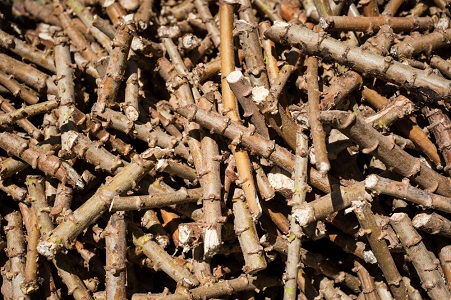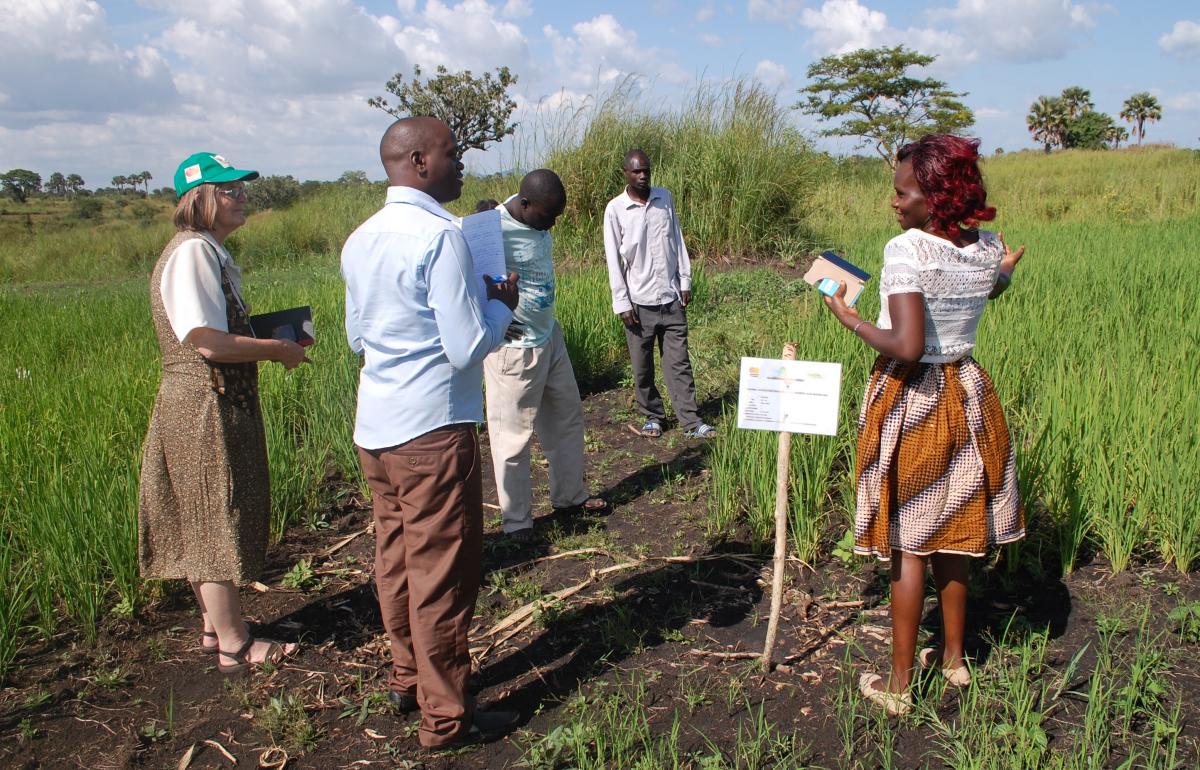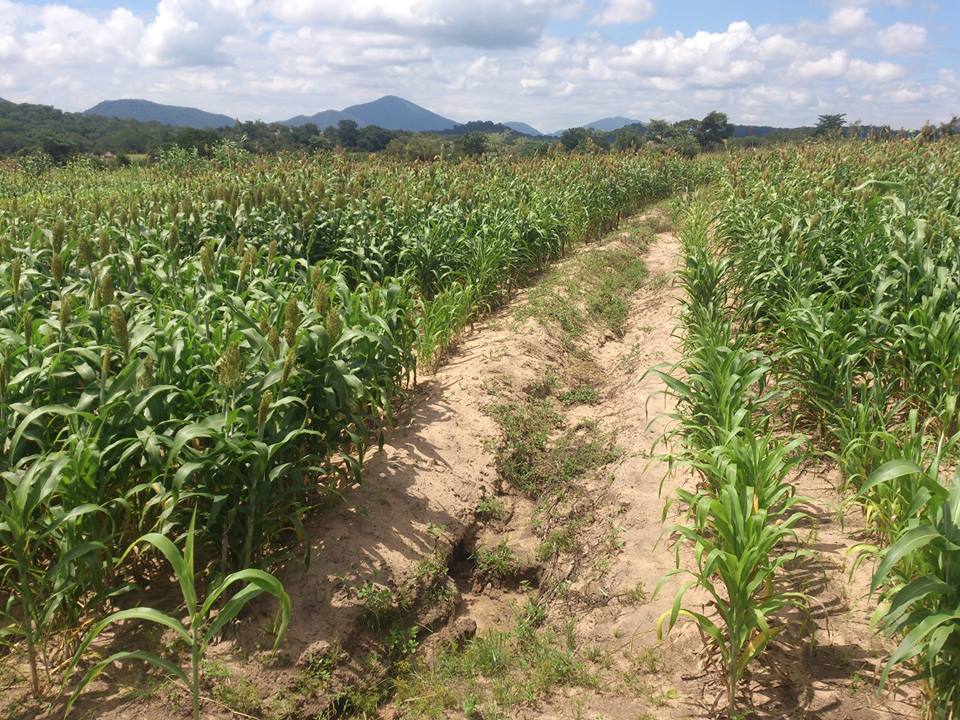Project Summ ary
ary
The project focuses on the seed potato value chain, crop-intensification production, value addition, and market linkages to provide appropriate interventions on how best seed potato can be made more available and accessible by farmers, how potato farmers can practice a sustainable crop intensification production that maximises the benefits, and how the value of potato can be improved through processing and marketing for increased benefits to farmers and consumers. The overall objective is to enhance the capacity of potato value chain actors to reduce the challenges that constrain sustainable potato productivity. The project will provide an empirical basis for addressing the existing challenges along the value chain. Reduction in these challenges will enhance productivity and profitability in the potato value chains, which is in line with the Uganda National Agricultural Policy. The project, therefore, targets ware and seed potato producers, potato growers’ associations, processors, researchers, and consumers. Because of its focus and scope, the project team constitutes staff and organisations with multidisciplinary backgrounds including academia and researchers at University, Research and Extension organisations, Community-Based Organisation, a potato processing and business incubator, graduate and undergraduate students, a private sector, and TVET Instructors and students. The project uses methodologies that enable potato value chain actors to actively participate in the research processes. It uses Potato-based Innovation Platforms to establish a community-based system for farmers to participate in production, delivery and use of quality seed potato; Farmer Field Demonstrations to validate a system of potato intensification that optimises farmers’ resources; and will develop and market test potato-based value added products to widen potato market outlets, increase incomes of producers and expand consumer choices. By its design, the project will strengthen the synergies and working relationships of the University, private and community-based organisations, Research Institutions and an Agricultural College (TVET Institution) that trains Mid-level Cadres in Uganda in areas of agriculture, agribusiness and human nutrition. Read More
 Principal Investigator : Prof. Richard Mulwa
Principal Investigator : Prof. Richard Mulwa


 mary
mary ary
ary PrincipaI Investigator :
PrincipaI Investigator : 